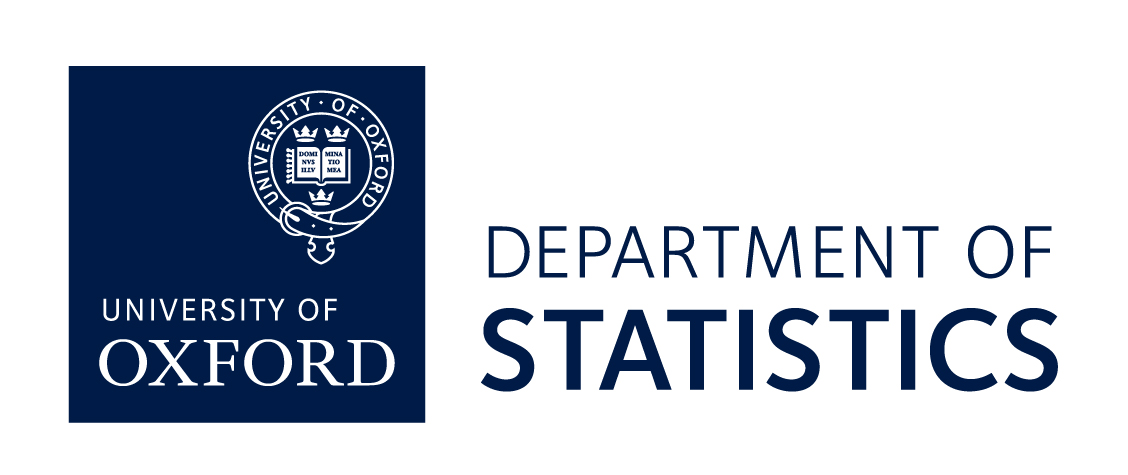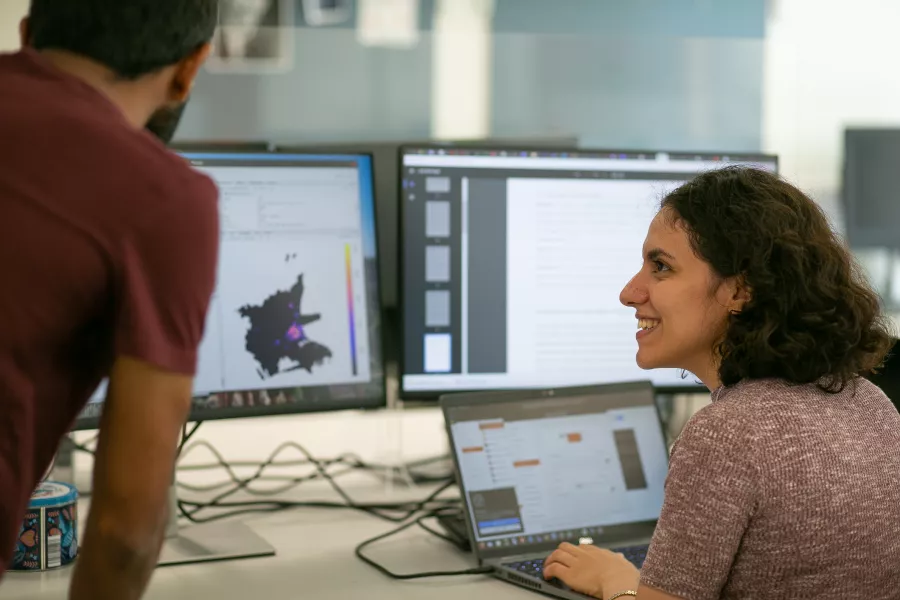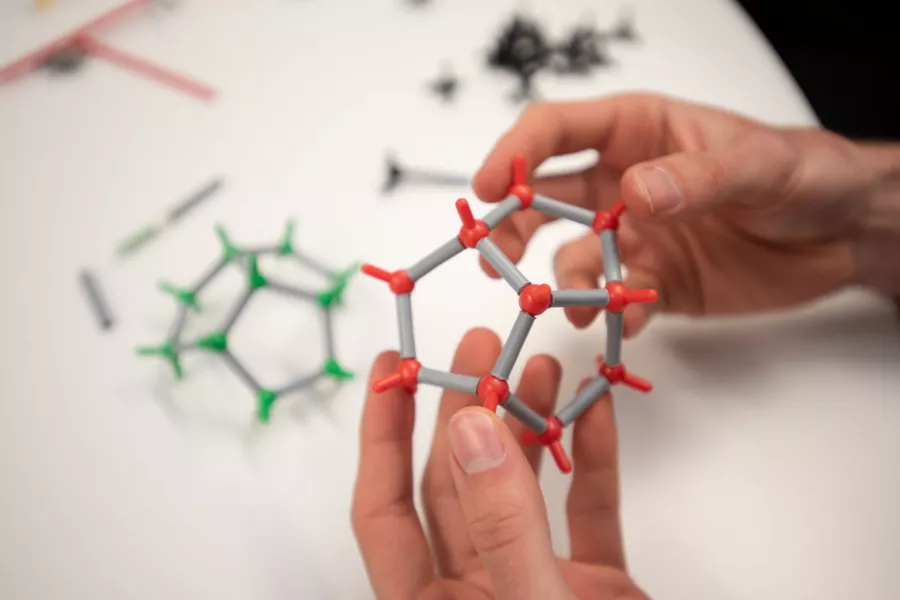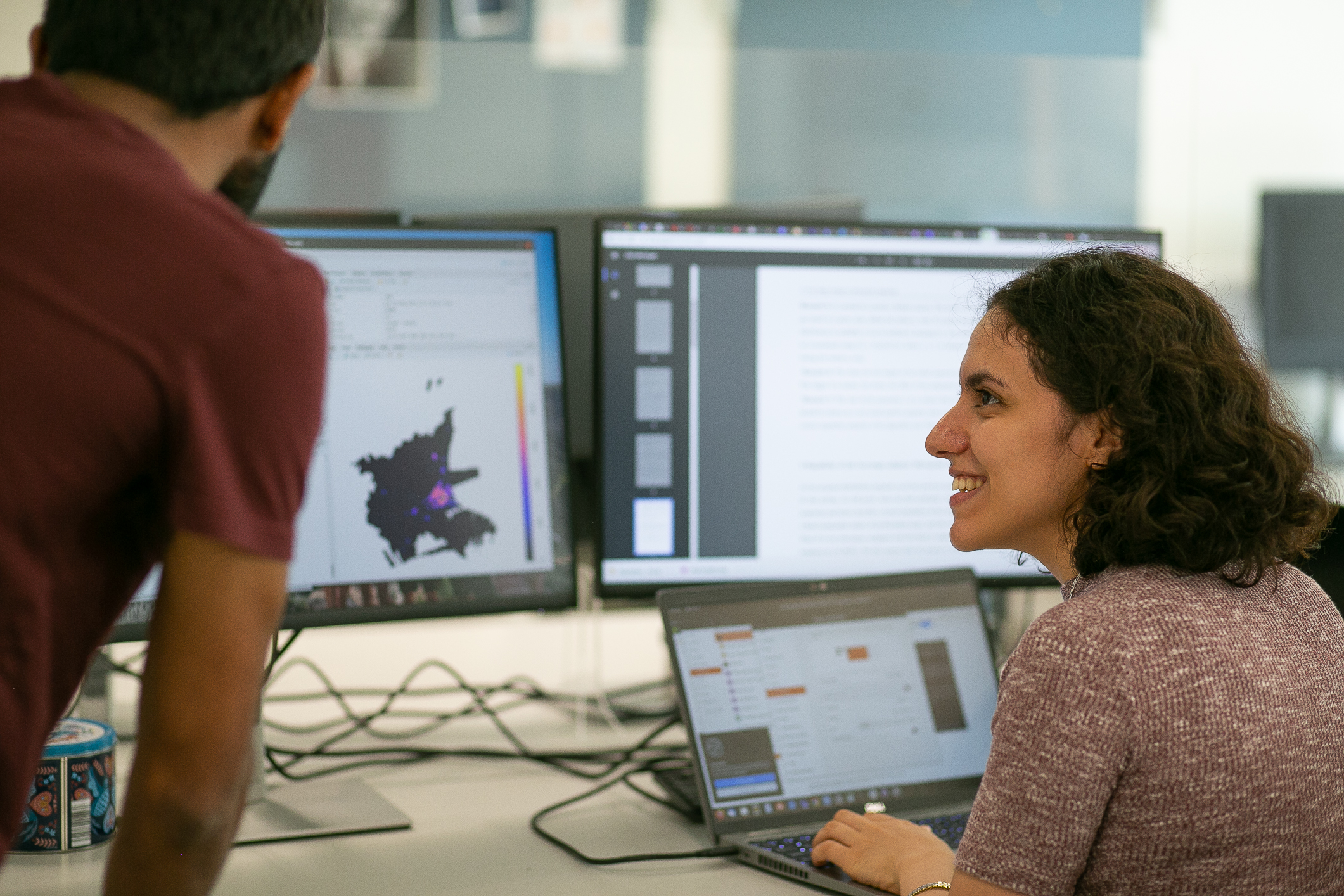
DPhil Statistics
The Department of Statistics admits doctoral students each year to a programme of instruction and research leading to the Doctor of Philosophy (DPhil) in Statistics degree. A doctorate normally requires between three and four years of full-time study. It can be in any of the subject areas for which supervision is available.











